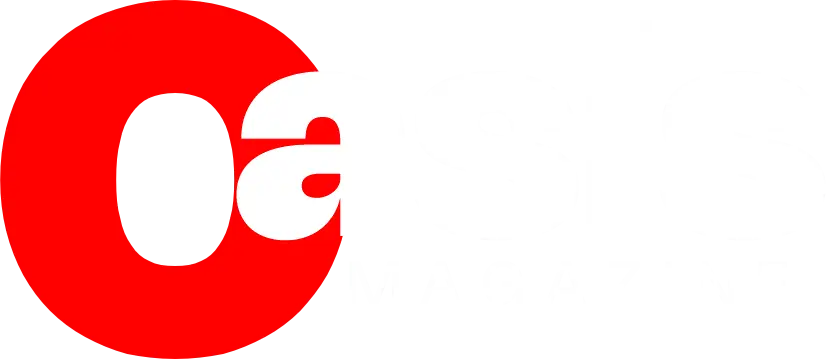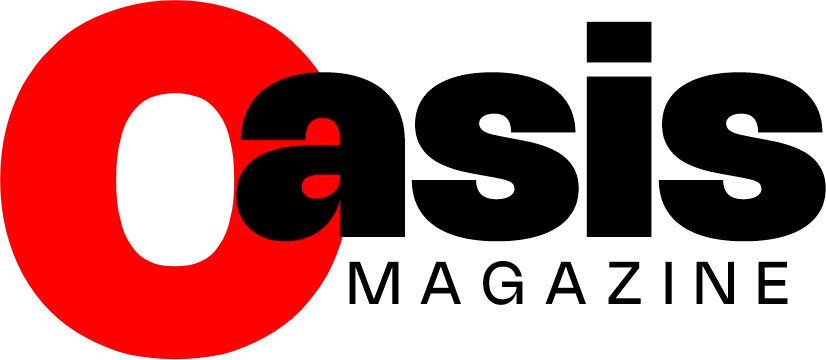In the age of visibility, perception isn’t just reputation—it’s revenue, recruitment, and resilience
Executive Summary: The CEO as Chief Storyteller
Gone are the days when founders could hide behind products or press releases. In 2025, your personal brand is your most leveraged asset—a 24/7 media channel that attracts capital, talent, customers, and credibility.
From Lagos to London, the most successful entrepreneurs no longer “have” a personal brand. They run one—with the same strategic rigor as their core business. They publish like editors, engage like community builders, and curate narratives like film directors.
This isn’t vanity. It’s venture infrastructure.
As Nigerian tech founder Iyinoluwa Aboyeji puts it: “If you’re not shaping your story, someone else is—and they won’t get it right.”
This feature reveals why every founder must operate as a media company—and how Africa’s most influential entrepreneurs are mastering the art of strategic visibility.
“Your company has a product. You are the signal.”
The New Reality: Why Silence Is Strategic Suicide
In a world of algorithmic attention and stakeholder capitalism, invisibility equals irrelevance. Consider:
- 73% of venture capitalists say they research a founder’s public presence before investing (Oasis Intelligence, 2025).
- 68% of top-tier engineers choose startups based on the founder’s vision—not just the tech stack.
- Consumers trust founder-led brands 3.2x more than faceless corporations (Edelman Trust Barometer).
Yet many African founders—steeped in cultures of humility or wary of “self-promotion”—remain silent. This isn’t modesty. It’s missed leverage.
As Bethlehem Tilahun Alemu, founder of Ethiopia’s soleRebels, learned early: “If I didn’t tell the story of Ethiopian craftsmanship, no one would. And if no one knew, no one would buy.”
The Founder as Media Company: Three Core Functions
Running your personal brand like a media company means mastering three disciplines:
1. Content as Strategy
You’re not posting—you’re publishing with purpose.
- Strive Masiyiwa (Econet Group)
Doesn’t just tweet — he publishes “State of Africa” essays quarterly.
His content is structured, visionary, and agenda-setting — shaping policy debates and signaling Africa’s investment direction.
Result: His brand isn’t just about business; it’s about continental leadership. - Temi Giwa-Tubosun (LifeBank)
Uses LinkedIn not for updates but for storytelling with urgency.
By humanizing blood delivery and maternal care, she transforms logistics into a narrative of national importance.
Result: Her personal brand becomes a voice of urgency in African healthcare, attracting global recognition and partnerships. - Naomi Monari (BenaCare)
Founder of Kenya’s home-based palliative and hospice care startup.
Her content reframes end-of-life care as a dignity and human rights conversation.
Result: She positions herself as a compassionate thought leader, expanding a new frontier of healthcare dialogue in Africa. - Emmaline Datey (ICS Africa)
As a strategic communications leader, she uses content to curate Africa’s biggest conversations — from policy to business innovation.
ICS Africa’s thought-leadership initiatives (conferences, reports, strategic insights) are amplified through her personal brand, where she publishes insights that blend strategy with storytelling.
Result: She positions herself not only as a communicator, but as a connector of ecosystems — making her personal brand inseparable from Africa’s development dialogues.
Rule: Every post should either educate, inspire, or clarify—never just announce.
2. Audience as Community
Your followers aren’t metrics—they’re stakeholders.
- Linda Ikeji built Nigeria’s largest blog not through ads, but by replying to every comment for a decade—turning readers into a loyal tribe.
- Jason Njoku (iROKOtv) hosts monthly Zoom “creator salons” with Nollywood filmmakers—deepening trust beyond transactions.
Rule: Prioritize depth over reach. 1,000 true believers > 100,000 passive scrollers.
3. Narrative as IP
Your story isn’t anecdote—it’s intellectual property.
- Tony Elumelu trademarked “ Africapitalism”—a framework now taught at Harvard and cited by the UN.
- Tems doesn’t just release music—she crafts visual albums and poetic manifestos that position her as a cultural philosopher, not just a singer.
Rule: Own your origin story. Package it. Protect it. License it.
The African Edge: Authenticity as Competitive Advantage
Western personal branding often veers into polish and performance. African founders, by contrast, lead with radical authenticity—and it resonates globally:
- Burna Boy speaks Pidgin English in interviews, wears Ankara on global stages, and calls out injustice unfiltered. Result? A loyal global fanbase that sees him as real, not rehearsed.
- Dr. Ngozi Okonjo-Iweala blends Igbo proverbs with World Bank data—making complex economics feel human. Her TED Talks have 10M+ views not for jargon, but for wisdom with warmth.
In an age of AI-generated content and influencer fatigue, cultural rootedness is the ultimate differentiator.
The Personal Brand Playbook: Five Non-Negotiables
- Define Your Core Narrative
What’s your “why” in one sentence? (e.g., “I build infrastructure so African talent never has to leave home.”) - Choose Your Channels Strategically
Don’t be everywhere. Be where your stakeholders are: LinkedIn for investors, Instagram for consumers, WhatsApp for community. - Create a Content Calendar
Treat it like a product roadmap: 60% evergreen insights, 30% timely commentary, 10% personal reflection. - Protect Your Reputation Like IP
Audit your digital footprint quarterly. Remove outdated content. Clarify misrepresentations swiftly. - Monetize Your Influence Ethically
Launch a newsletter, course, or advisory—not just brand deals. Turn attention into owned revenue.
As Nkwo Onwuka (Alara Lagos) says: “My brand isn’t what I wear. It’s what I stand for—and what I refuse to compromise.”
The Risks—and How to Navigate Them
Personal branding isn’t without peril:
- Overexposure: Sharing too much erodes mystique.
- Backlash: Taking stands can alienate segments.
- Burnout: Consistency demands energy.
The antidote? Intentionality.
- Set boundaries: “I speak on tech and Africa—not politics or pop culture.”
- Build a team: A ghostwriter, editor, or community manager isn’t vanity—it’s scalability.
- Stay anchored: Let your values—not virality—guide your voice.
The Ultimate Payoff: Beyond Fame to Legacy
When done right, personal branding transcends marketing. It becomes legacy architecture:
- Strive Masiyiwa’s thought leadership has made him a de facto ambassador for African tech.
- Ibukun Awosika’s books and speeches have inspired a generation of female founders.
- Rihanna’s Fenty narrative (“Beauty for all”) is now a global standard—proving that founder ethos can reshape industries.
Your personal brand isn’t about you. It’s about the movement you enable.
Insight: You Are the Signal
In a noisy world, attention is the scarcest resource.
But trust is the rarest.
By running your personal brand as a media company—strategic, consistent, and authentic—you don’t just get seen. You become the trusted signal in the noise.
And in 2025, that’s not just powerful.
It’s profitable.
It’s protective.
It’s permanent.
“Your company may pivot. Your product may evolve. But your story—if owned with courage—will outlive them all.”
Sidebar: The Founder Media Index – 2025
Oasis Intelligence analysis of 200 high-growth African founders
| Brand Behavior | Funding Success Rate | Talent Attraction Score | Crisis Resilience |
|---|---|---|---|
| Publishes weekly insights | 84% | 92/100 | High |
| Engages authentically (no bots) | 79% | 88/100 | Very High |
| Owns a clear narrative frame | 87% | 95/100 | Extreme |
| No public presence | 41% | 52/100 | Low |
Note: “Publishes” includes newsletters, LinkedIn posts, podcasts, or op-eds—not just social media.

